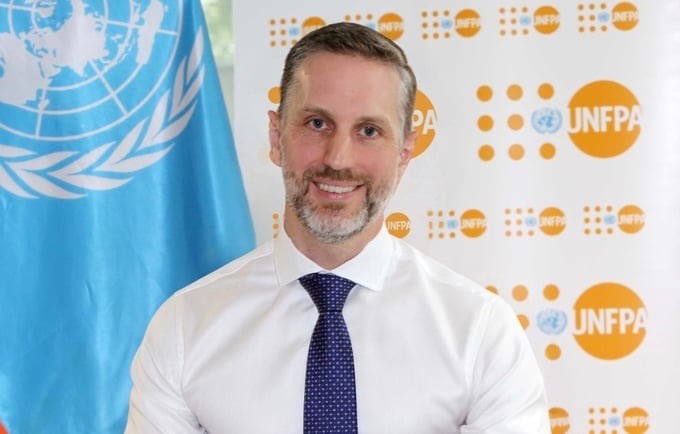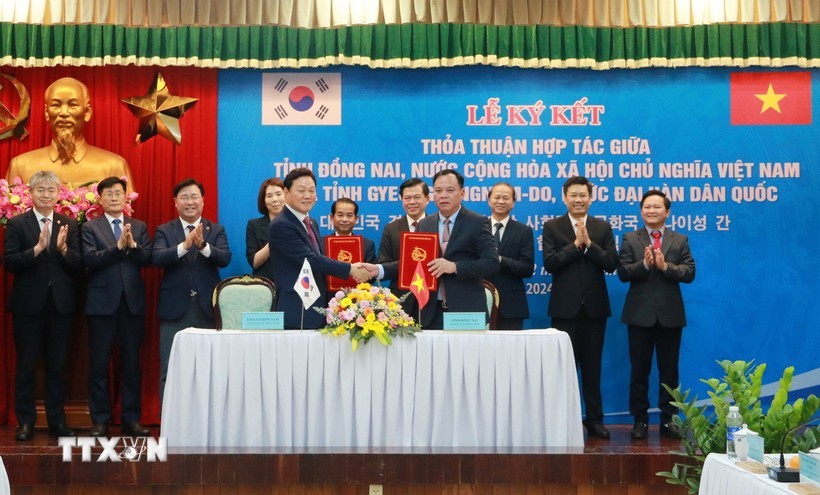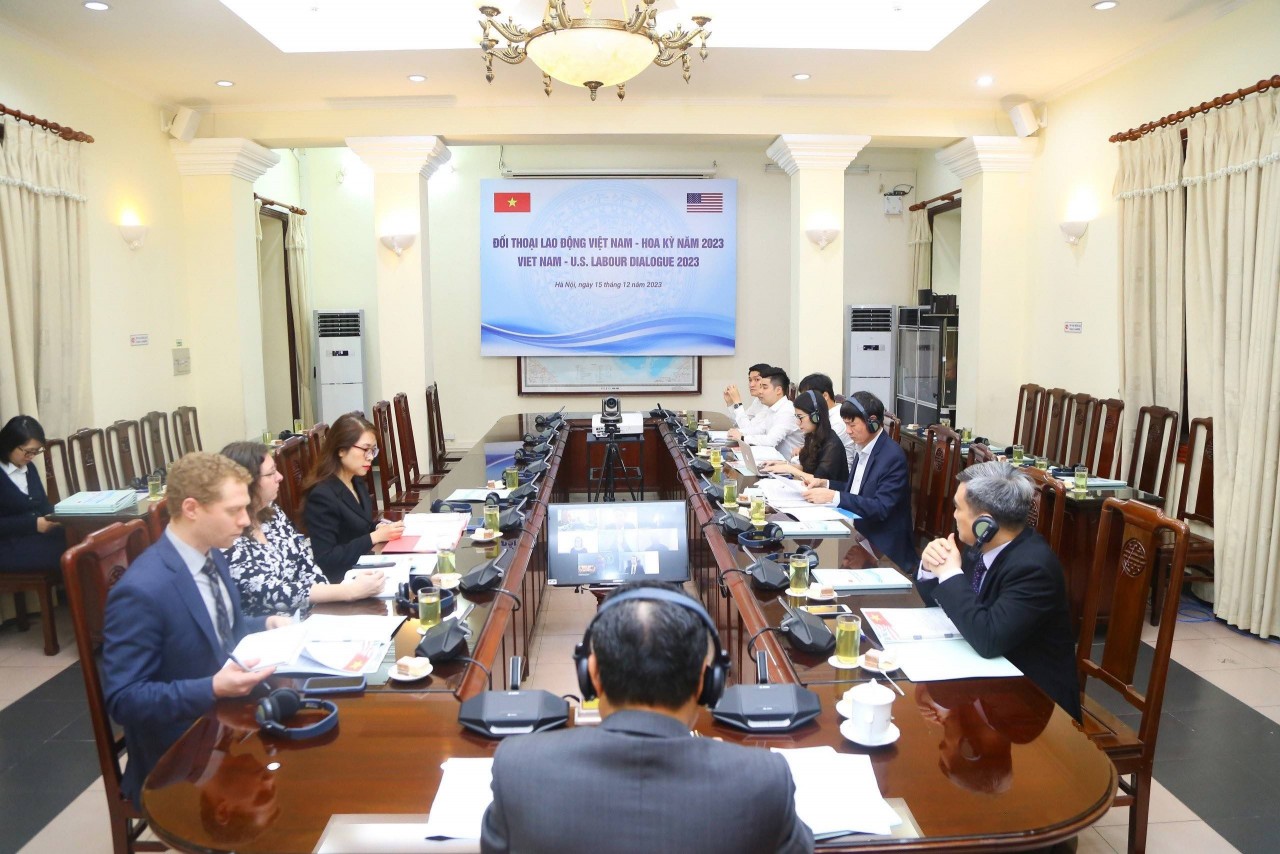Vietnam Working on Comprehensive Care Ecosystem for Old People
The United Nations Population Fund (UNFPA) recently joined the discussion with the Ministry of Labour, Invalids and Social Affairs (MOLISA) on a holistic policy framework, which is needed to pave the way for actions and creation of a comprehensive elder care ecosystem in Vietnam.
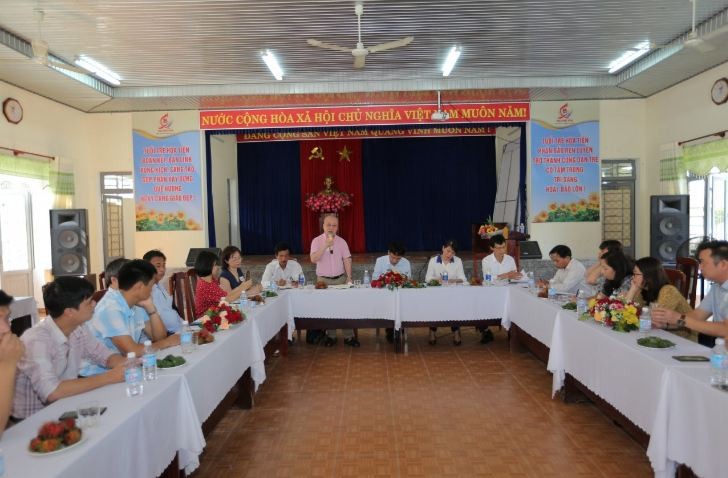 |
| UNFPA and MOLISA work to develop a care ecosystem for older persons in Vietnam. Photo: UNFPA in Vietnam |
A comprehensive care ecosystem for older persons is a model which offers a wide range of options for each stage of senior care, including home care services, community services, continuing care retirement communities, nursing facilities, hospital care services, and more.
Such a care ecosystem requires collaborative networks, involving both institutional and non-institutional care included home-based and community-based care. The system also needs investment from the private sector in providing care to older persons via public-private partnerships.
| In 2021, older persons (aged 60 and above) accounted for 12.8% of the total population (12.6 million people) in Vietnam, and the country will soon transition from an aging to an aged country by 2036. The increase in both absolute number and percentage of older persons in the population requires for more attention on social protection for older persons including elderly care, especially when traditional support from a family is decreasing due to various reasons including low fertility, migration and modernisation. |
The discussion, held in Da Nang, also heard experience and lessons learnt from the implementation of the integrated care model for older persons by MOLISA and UNFPA in five provinces and the city piloted earlier with financial support from the Government of Japan and the UN Joint SDGs Fund.
The integrated care model introduced a new approach and new tools for providing care for older persons and enhanced the capacity on social care at both national and provincial levels. The model constitutes an important step towards the development of a comprehensive care ecosystem for older persons in Vietnam.
With technical support from UNFPA, MOLISA has developed an integrated care model for older persons to ensure uninterrupted quality care for older persons in Covid-19 and the new normal context. The model was piloted in Thai Nguyen, Thanh Hoa, Nghe An and Vinh Long provinces and Da Nang city.
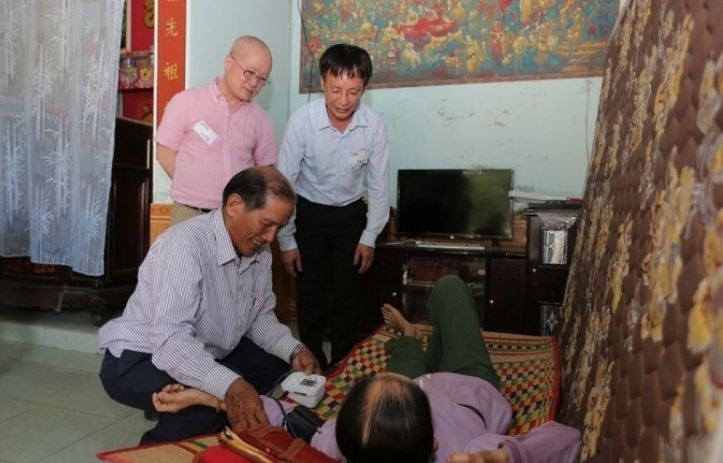 |
| Home-caregivers of older persons. Photo: UNFPA in Vietnam |
After six months of piloting, the model has developed a complete set of guidelines for the implementation and the replication to other provinces and cities. They include Standard Operating Procedures, guidelines on case management on care provision for older persons in the normal and Covid-19 context, handbooks for caregivers, among others.
Under the piloted model, some 1,500 older persons received care-need screening and individual care plans.
Meanwhile, more than 1,000 care staff at social protection and social work centres in these piloted provinces and the city as well as home-caregivers of older persons have been trained in responding to Covid-19 and in providing better quality care for older persons in the context of the pandemic and in the new normal situation.
More importantly, the piloted model has developed and run a management software for older person care at all the social protection and social work centres in the piloted provinces and the city to helps monitor closely all the care services provided for older persons.
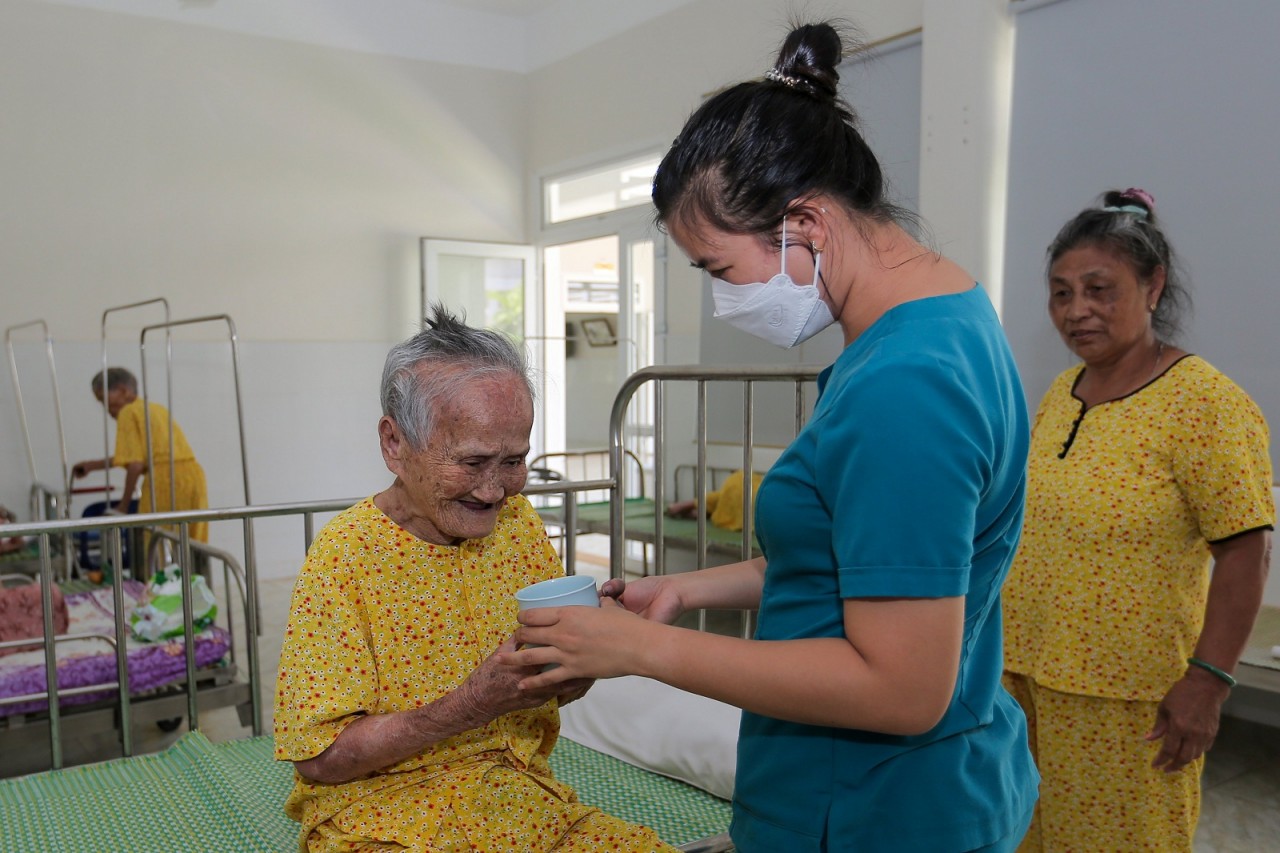 |
| At a social protection centre in Da Nang city. Photo: UNFPA in Vietnam |
The Assistant Representative of UNFPA Vietnam, Le Bach Duong, stressed that the integrated care model for older person was built toward ensuring the quality and the accessibility of care services for all older person groups, especially the poor, disabled, and vulnerable older persons.
According to Duong, the model focuses on integrating elderly care services both in social assistance facilities and in communities in order to reduce the burden of women and caregivers, and create support mechanisms to empower women. It’s critical that the model should be an important part towards developing a comprehensive ecosystem of care for older persons and those who are in need.
| About 11.7% of the older population (or 1.47 million older persons) had at least one functional disability (vision; hearing; mobility; cognition; and/or communication). 6.32% of the older population (or about 796,000 older persons) found it very difficult to perform or could not perform at least one of the following of activities of daily living: eating, putting on or taking off clothes, bathing or washing, getting up when lying down and getting to and/or using the toilet. About 80% of older persons, who needed help or assistance with activities of daily life, received care from others, primarily family members (spouse, children and grandchildren) who were not necessarily trained or supported to provide care for older persons. Also, caregivers for older persons are mostly women. |
UNFPA also emphasised that the private sector should be encouraged in providing care services to older persons via public-private partnerships to ensure that individual needs of older persons are met, and older persons have relevant support to fully participate in all aspects of the society.
More public investment is necessary to strengthen the care system, train care givers, and promote the use of information and communications technologyin the management of health and care services, especially in rural and ethnic minority areas to improve access for older persons.
It is important to define long-term care services for older persons, which include health, social and spiritual care, to ensure social inclusion, better health status and assistance in daily living of older persons toward development of a comprehensive care ecosystem. These services should be accessible, affordable and adequate.
Further data and evidence are required to better design an inclusive care system and social protection for older persons.
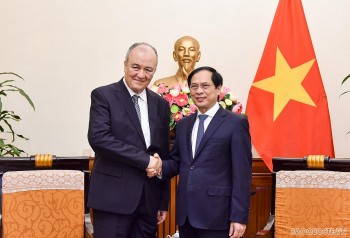 | Vietnam, Algeria Hold Third Political Consultation to Foster Cooperation Vietnam and Algeria are promoting cooperation in trade, oil and gas, labour and agriculture. |
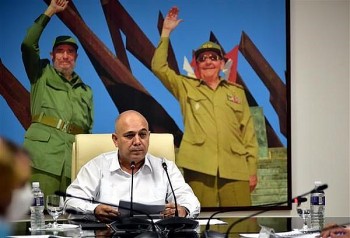 | Vietnamese, Cuban Party Officials Hold Talks Senior Party officials of Vietnam and Cuba have agreed that amid the Covid-19 pandemic, regular meetings and exchanges between the two Parties and countries vividly ... |
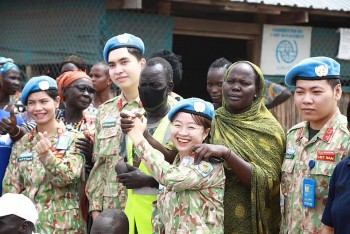 | Vietnamese Soldiers Deliver Gifts to Bentiu Refugee Camps Vietnamese peacekeeping soldiers and locals in South Sudan formed a friendly bond over gifts giving activities to refugees camp. |
Recommended
 Focus
Focus
Vietnam Leaves Imprints on the World Peacekeeping Map
 Viet's Home
Viet's Home
“Global Vietnamese Singing 2025” - Connecting Hearts Longing for Homeland
 Viet's Home
Viet's Home
Vietnam’s People's Public Security Force Actively Contributes to UN Peacekeeping Operations
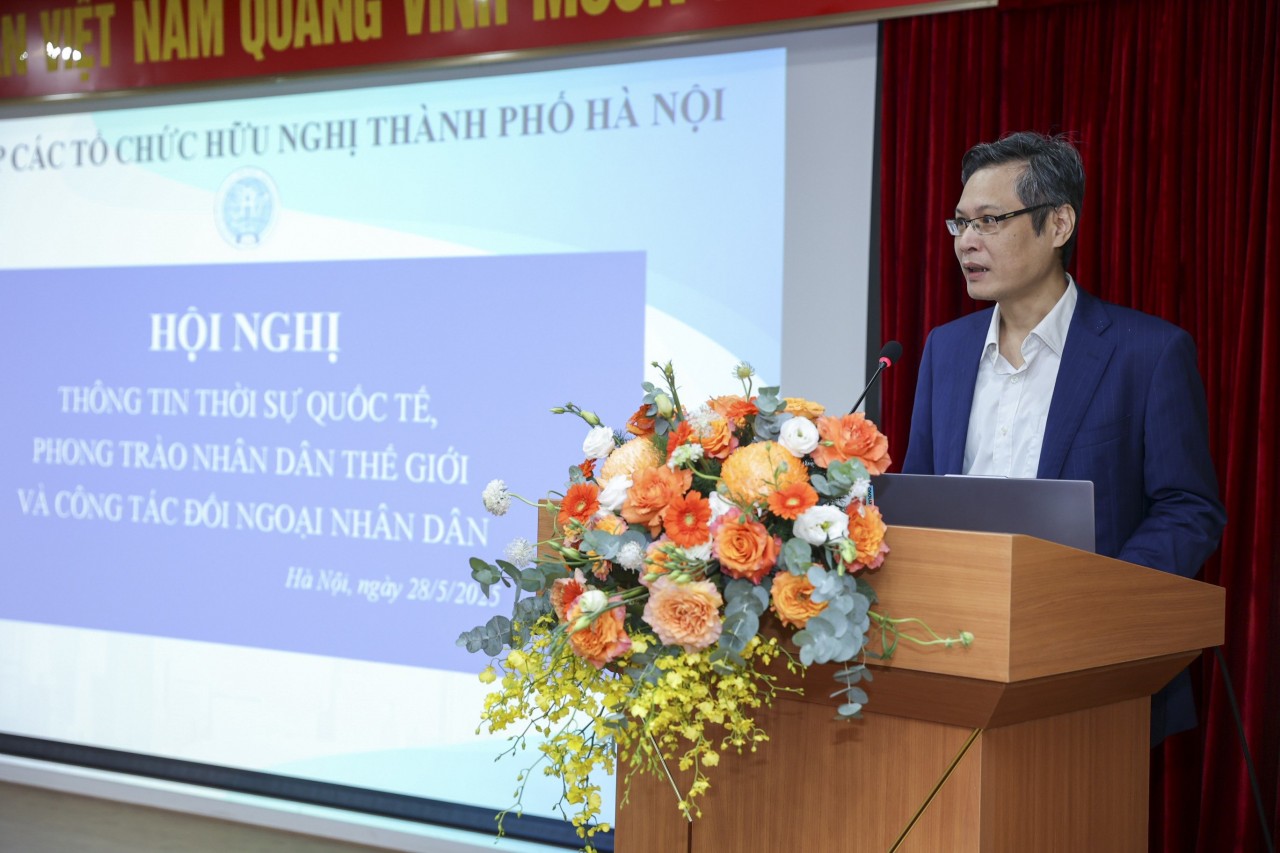 Viet's Home
Viet's Home
HAUFO Enhances Competence of People-to-People Diplomacy Personnel
Popular article
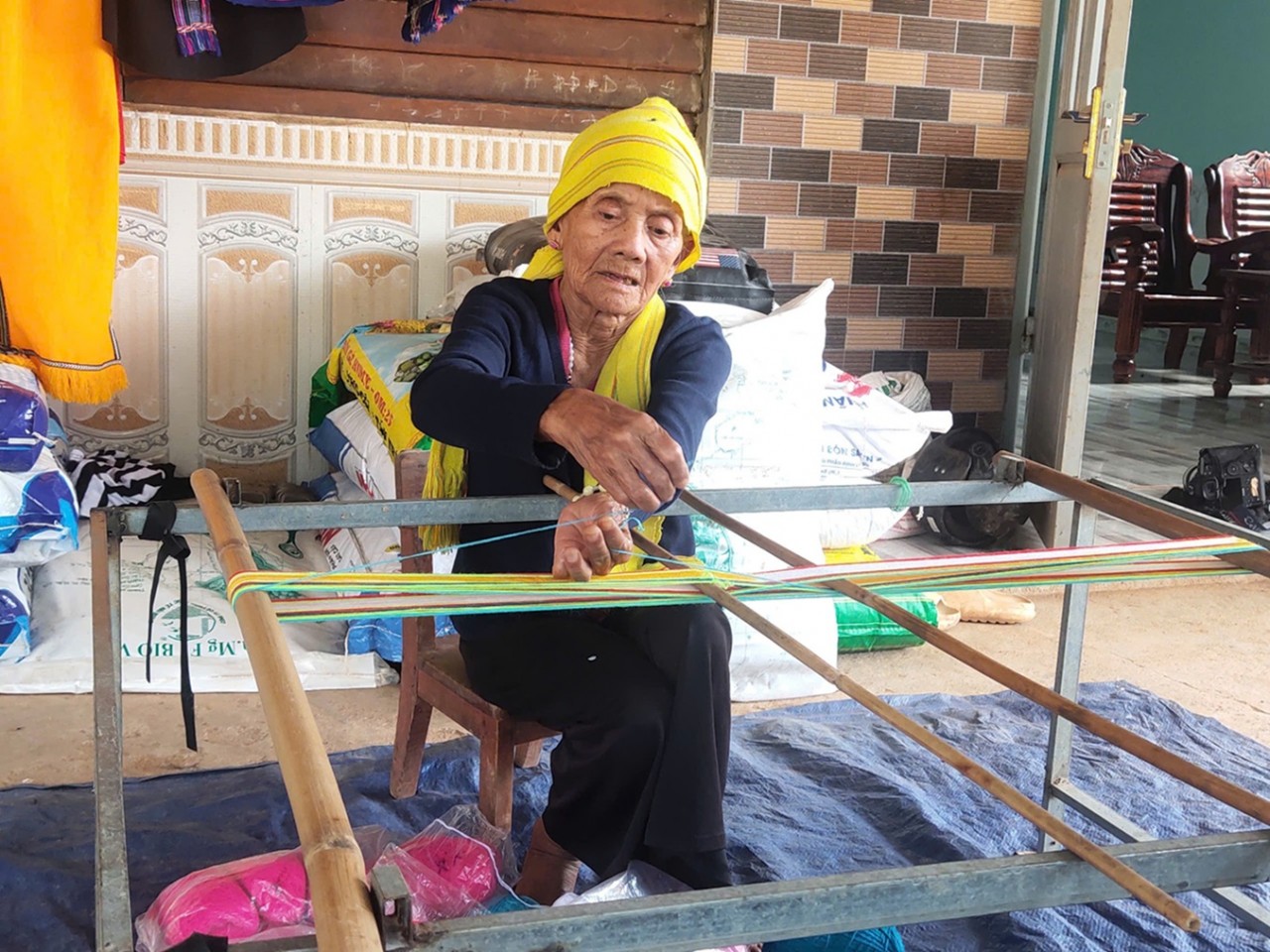 Viet's Home
Viet's Home
Hands that Reserve Da Long Brocade Craft
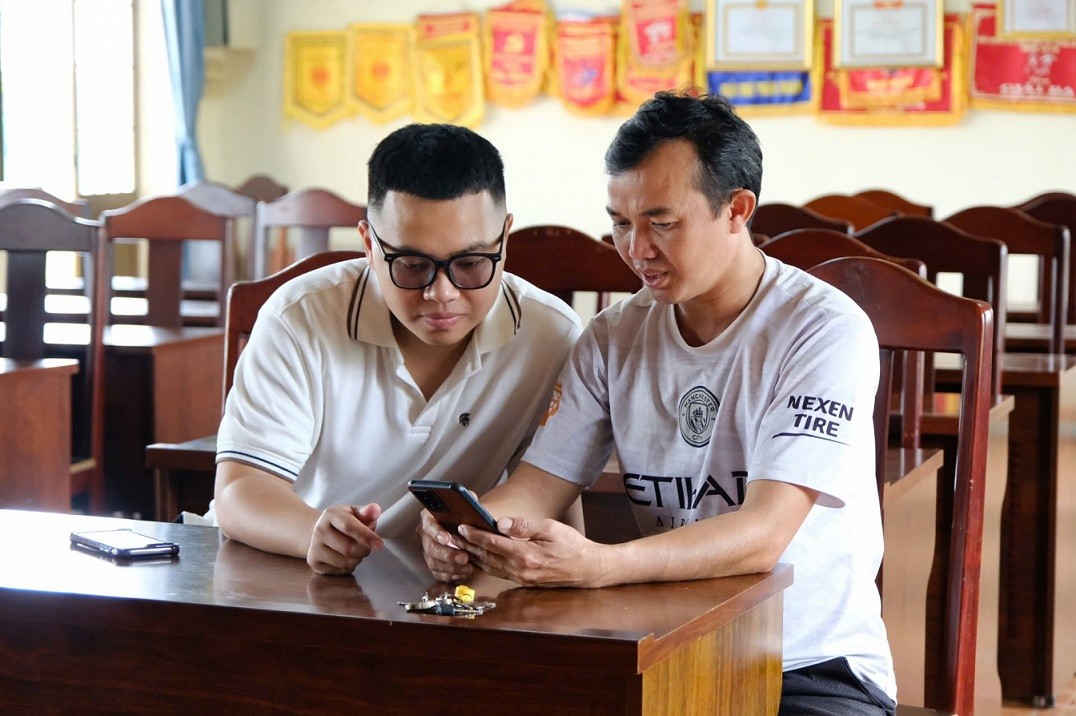 Viet's Home
Viet's Home
Da Rsal – How Digital Transformation Reshape a Poor Commune
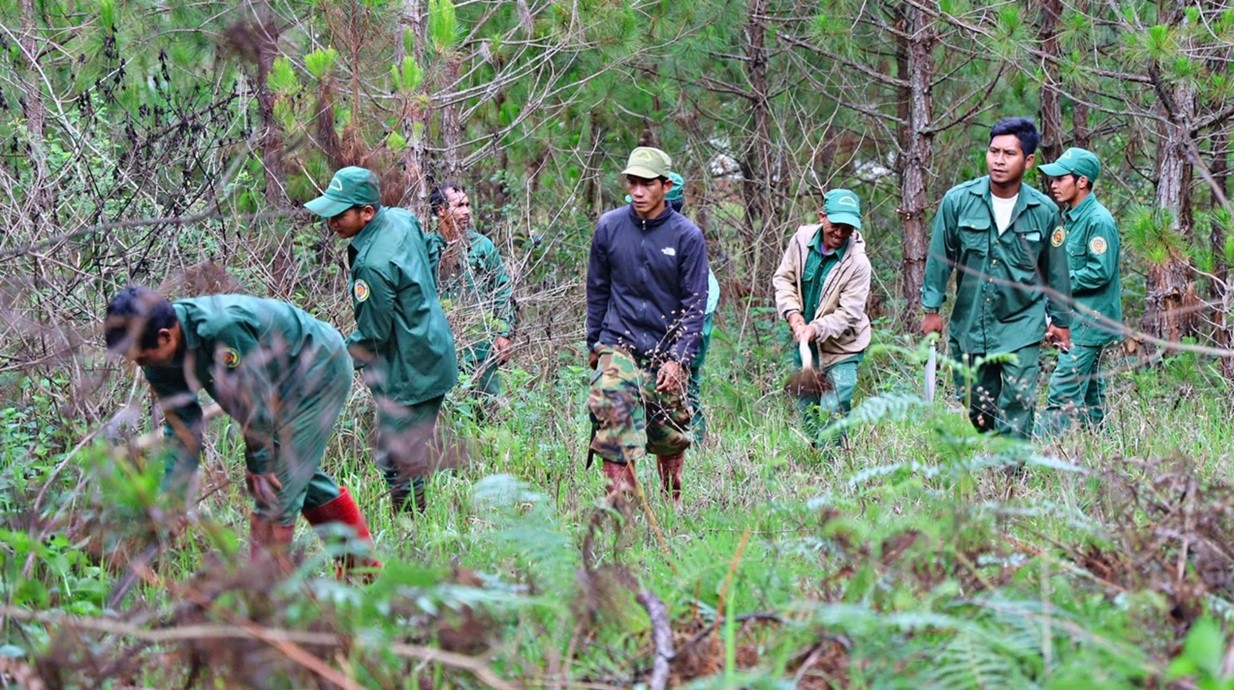 Viet's Home
Viet's Home
Vietnam Classified as “Low Risk” Under the EU Anti-Deforestation Regulation
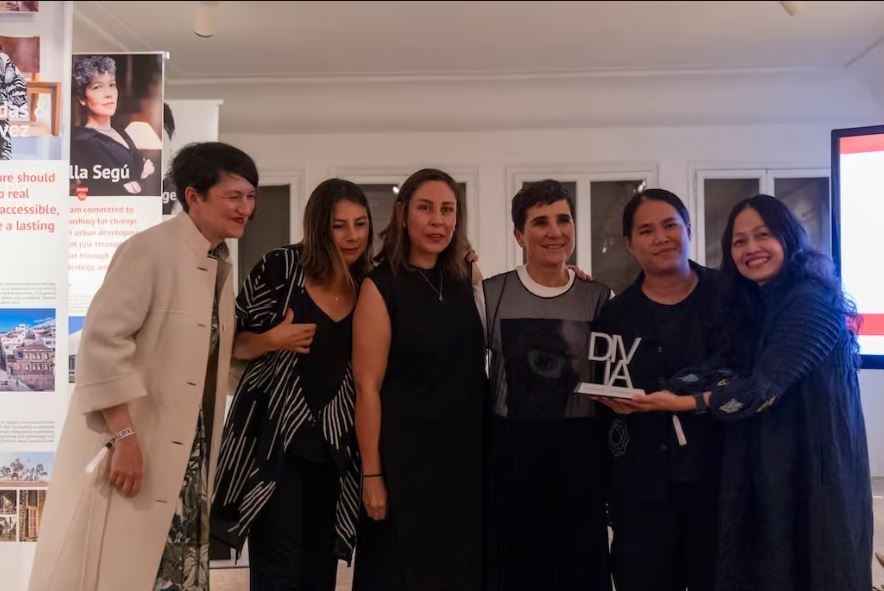 Viet's Home
Viet's Home




